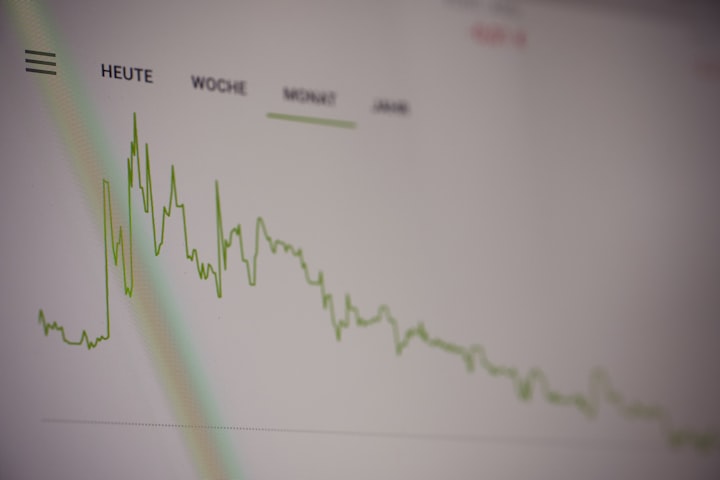Tips on Avoid Crypto Scams
How to Protect Your Crypto Investments

As with everything that is money-related, there are plenty of scams involving cryptocurrencies out there. Some are phishing scams, and others involve money transfer fraud. There are even fake sites and applications that pretend to be legitimate companies to steal from you. It is a good idea to make sure that you are aware of the possible scams before you invest, so you can protect your money as much as possible.
The best way to protect yourself is to store your coins in a cold or offline wallet. Never share details of your wallets with anyone either and keep your passwords or ‘key’ written down somewhere offline also.
Fake exchanges
These sites are set up specifically to con people out of their money by appearing to be a genuine exchange. They usually offer very attractive rates and discounts to attract new customers and simply take everything invested. It is really important to make sure that an exchange is actually a real company and check out its reputation online from multiple sources.
Free giveaways
Anything that involves free giveaways is more than likely a scam. These scams often require users to pay a small fee or deposit before getting their ‘bonus’ and never pay up. Even worse than that, they can ask for a credit card or bank details and drain your account.
Malware
Just like a regular virus, these can end up on your computer and copy your details. One type of malware alters the public address you are sending coins to so that it, unknowingly to the user, is sent to the scammer’s account. Be careful and always double and triple-check addresses that you send money to. Install decent antivirus software and if possible, keep your details on an external hard drive.
Phishing emails and websites
This is not unique to cryptocurrencies but can have an impact on them. Never answer or follow instructions on any unsolicited emails requiring you to input your passwords or details. You can usually tell if these are scams from looking at the sender’s address, as mostly they are slightly different from the actual company’s correspondence address. Most crypto companies do not contact you unless you have asked for something specific. Forward suspicious emails to the support of the company.
Any site that claims to have insider information on crypto
If a company claims to make you a fortune for a tiny deposit in a short time, it is not a genuine business. Considering experts are even reluctant to state any absolutes when it comes to cryptocurrencies, it seems highly unlikely that a business you have probably never even heard of before can. If something sounds too good to be true, it usually is.
Fake coins
Do not get involved with companies launching a new coin and invite you to a presale event. For starters, the coins may not exist. Even if the coins are actually real, a presale artificially increases the coin’s value. It then allows the coin creator, who more than likely, is a majority stakeholder, to suddenly withdraw from the market with a massive profit. This will leave you with either a massive loss, with an investment worth very little, or, worst-case scenario, absolutely nothing.
There are plenty of other cryptocurrency scams that you can find yourself in if you do not play your cards right. Avoid anything that involves contacting someone on a messaging service like Telegram or Whatsapp, as these are usually fake. Do not share your wallet details with anyone. Do not seek advice from strangers. Do not trust comments on Youtube videos. These scammers are coming up with new ways each day to steal your cryptos. Remember to secure them in an offline wallet and steer clear of anything that you are unsure of. If something sounds too good to be true — it generally is.
About the Creator
Caroline Egan
Hailing from Dublin, Ireland, Caroline has a variety of published fiction and non-fiction, written in a wry style on all things nerdy and neurotic. Her collection of essays Fahckmylife: The Little Book of Fahck, is available on Amazon.






Comments (1)
Dealing with the aftermath of a financial scam can be a daunting and emotionally draining experience. However, with Dr Suzanne(Saren55 on telegram) a licensed fraud analyst, by your side, you can rest assured that you're in good hands.Their team of highly knowledgeable experts is well-versed in identifying and recovering stolen funds from various types of financial scams. Moreover, they understand the emotional toll that these scams can take on individuals and provide a high level of care and compassion throughout the entire recovery process.